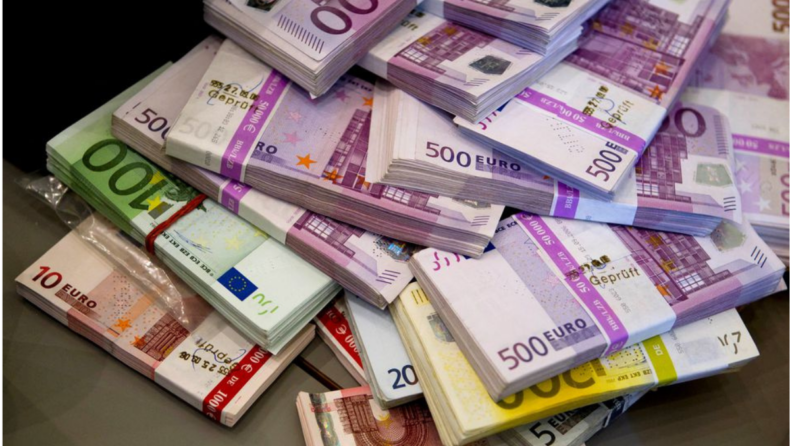A worldwide watchdog has criticised Germany for not doing enough to combat money laundering, including by convicting few people for the crime while being one of the world’s largest currency centres.
The Financial Action Task Force (FATF) report hurts Germany’s status, which takes pride in its reputation for probity. The FATF is an international organisation that brings together nations from the United States to China to combat financial crime.
The evaluation lists a number of shortcomings, including a lack of oversight over persons who deal with significant quantities of money, such as estate agents, and adds that while Germany was aware of the dangers, it had not taken sufficient steps to address them.
For instance, the FATF criticised the fragmented form of oversight, with more than 300 regional bodies in charge of overseeing such players, as well as a staffing shortfall.
The FATF recently assessed France as well, and France’s score is far behind Germany’s. Due to its low score, Germany will now need to inform the organisation every year on its progress in resolving issues.
Christian Lindner, Germany’s finance minister, recognised the issue and promised to centralise management, hire more people, and update the government’s equipment.
Earlier this week, prior to the report’s release, he told the media, “We deal with the small fish, while the big fish get away,” adding that he would boost up efforts to “follow the money.”
The FATF said that Germany opened more than 37,000 probes in 2020 but only punished approximately 1,000 persons for money laundering, a number it deemed “very small.”
Germans like utilising cash, which the FATF reported made up three quarters of transactions, and the country has more banks than any other EU member. The size of cash transactions is unrestricted.
Hawala payments—the Arabic word for “transfer”—have also raised money laundering concerns according to the FATF. The method, which routes payments via a dependable network of agents who work outside of banks, is widely utilised in the Middle East.
According to the survey, Germany is home to 11 million foreign migrants, making it the third biggest country in the world.
“Additional measures … to more effectively mitigate the risks in relation to cash and hawala services.” the FATF asked Germany to do.
German authorities need additional authority to combat money laundering, according to Konrad Duffy of Finanzwende, an organisation that advocates for financial openness, and laws should be strengthened to prevent paying cash for real estate.













